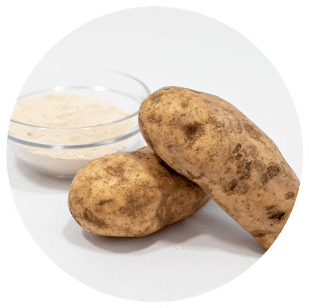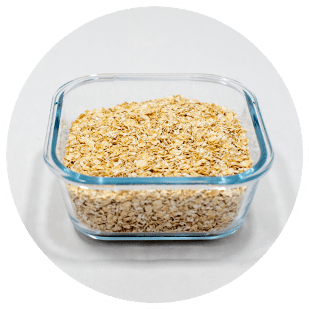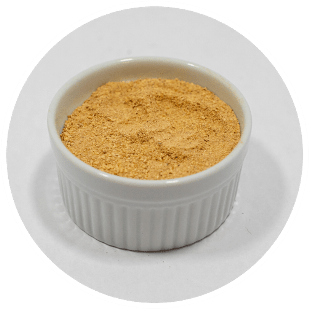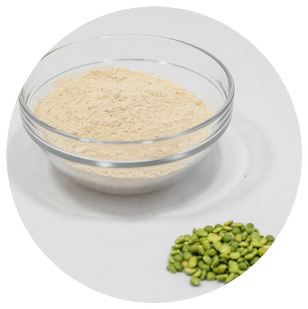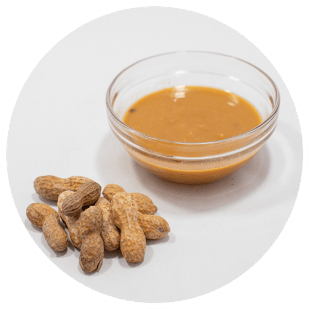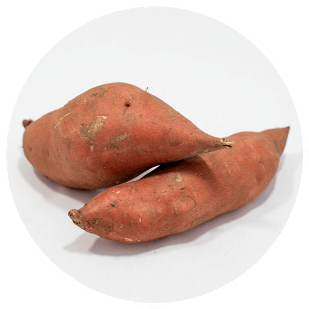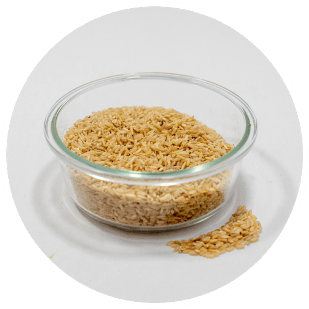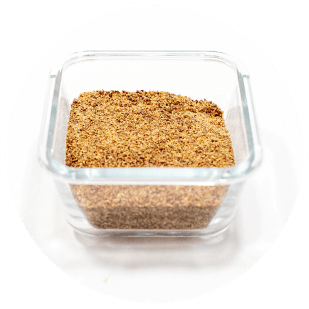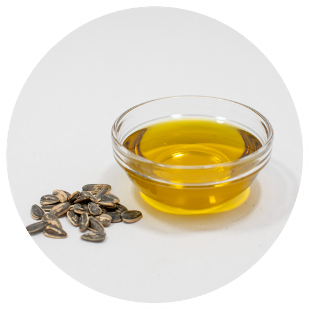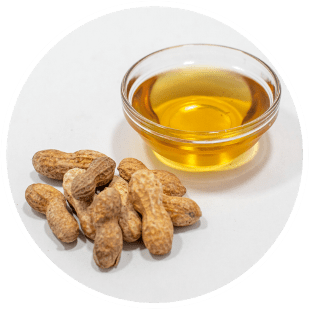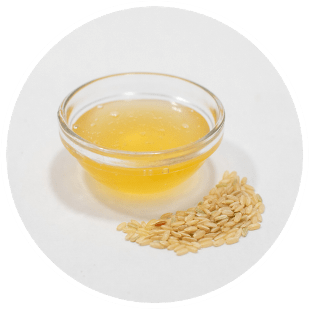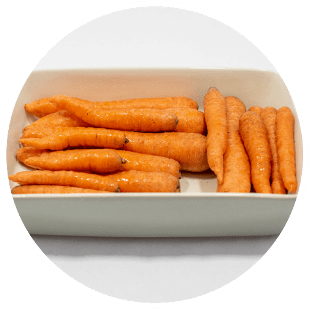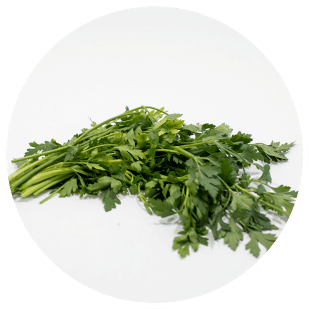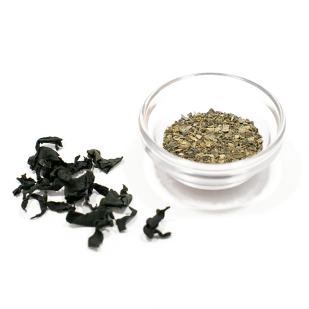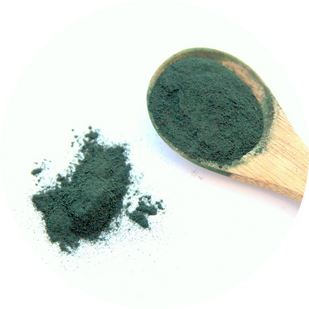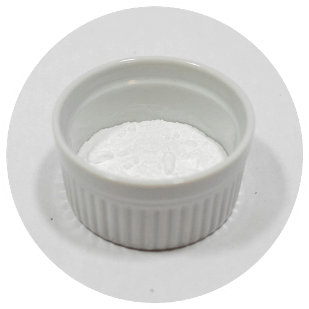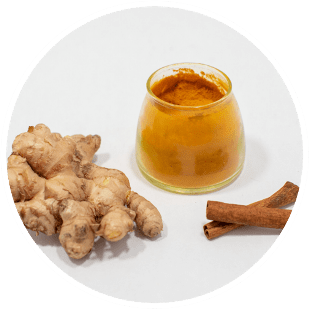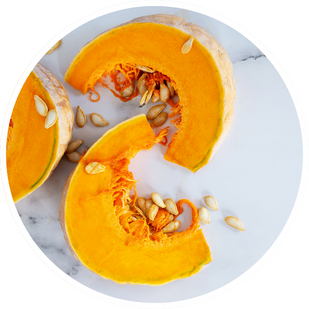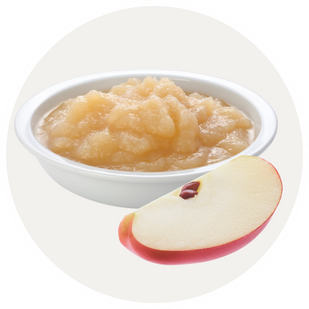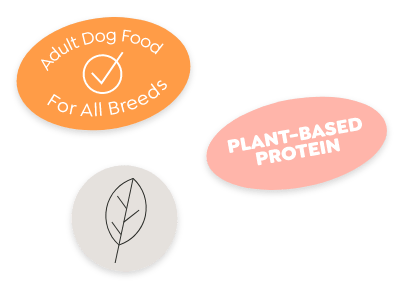SUPPORTED BY SCIENCE

plant-based nutrition is backed by experts
Hundreds of veterinarians - including those at top veterinary colleges - approve and prescribe properly-designed meatless diets. Here are a couple of the experts backing balanced plant-based nutrition.
LED BY
RESEARCH
Studies have examined thousands of dogs eating plant-based diets and found that they live healthy and normal lives. In fact, owners have reported that their plant-based dogs lived longer lives (>1 year avg. lifespan) and had fewer health issues than dogs eating meat-inclusive diets. Experimental trials have also demonstrated that dogs transitioned to plant-based diets for more than one year maintained healthy biomarkers. One study even showed that sled dogs randomly assigned to a plant-based diet maintained peak physical performance and health markers during 12 weeks of strenuous racing.


GUIDED BY
BIOLOGY
Dogs are omnivorous and evolved to efficiently digest the nutrients in plants. Their DNA shows genetic adaptations that enable them to derive nutrition from the carbohydrates, unlike their wolf cousins. Before humans began feeding commercially-produced dog food in the last 100 years, archeological evidence shows that companion dogs ate the scraps of primarily plant-based human diets for millennia.
Optimal Nutrition
Premium Ingredients
COMPLETE & BALANCED
NUTRITION
-
ROASTED PEANUT BUTTER & SWEET POTATO FLAVOR | ADULT DOGS
-
BAKED PUMPKIN & PEANUT BUTTER FLAVOR | SENIOR DOGS
PACKED WITH PROTEIN
Our recipe puts to rest the false notion that plants don’t provide enough protein or fat. Petaluma provides as much protein and fat as top-selling traditional brands without using animal ingredients. Each cup of Petaluma has as much protein (~33 grams) as a serving of steak or 4 glasses of milk.


Complete Amino Acids Profile
We balance different sources of plant protein to create a complete and balanced amino acid profile. Potato protein is one of richest sources of essential amino acids, with a higher percentage than milk or eggs. Potato and pea protein make a perfect combination, as potato is rich in the amino acid methionine while peas are packed with lysine. We also supplement with a highly digestible form of taurine, a critical building block of heart health.


Balanced, Healthy Fats
Omega-3 fats are proven to reduce inflammation and associated chronic diseases, and both omega-3 and omega-6 fats improve skin and coat health. Our recipe contains high levels of omega-3 fats from algae (DHA) and flaxseed (ALA), balanced by omega-6 linoleic fat from peanuts and sunflowers, and comparatively low amounts of saturated fats.


Bio-Available Vitamins & Minerals
Petaluma was formulated to provide digestible forms of all essential vitamins & minerals, especially those that are most commonly found in animal ingredients.

VITAMIN A
Our recipe is rich in natural sources of beta-carotene, a precursor to vitamin A easily metabolized by dogs.

VITAMIN B12
Petaluma includes a highly digestible source of B12 produced through bacterial fermentation rather than animal flesh.

VITAMIN D
This recipe is supplemented with an algae-derived source of vitamin D3, which is the most bioavailable form of vitamin D.

VITAMIN B3 (Niacin)
Peanuts and brown rice provide a natural source of niacin and the recipe is fortified to ensure bio-availability.

FOLIC ACID
Parsley, peas, and yeast are natural sources of folic acid and the recipe is fortified to ensure bio-availability.

IRON
Chickpeas, flax seeds, whole oats, and yeast provide natural sources of iron and the recipe is fortified with a chelated mineral form that provides the benefits of both plant- (non-heme) and animal-derived (heme) iron.
RICH IN OMEGA-3 FATS
Most senior dogs need to manage fat intake to avoid weight gain as the metabolism slows. This formula is rich in long-chain omega-3 fat (DHA) from microalgae while limiting other high-calorie fat sources. DHA fat has been shown to slow age-related cognitive decline and reduce inflammation.


SUPPORTS DIGESTIVE FUNCTION
Digestive function can become irregular as dogs age. Dietary fiber helps regulate digestion for consistent bowel movements while feeding beneficial gut bacteria. This formula contains 16 grams of dietary fiber - including 3 grams of soluble fiber - in each cup from ingredients like pumpkin and flaxseeds.
PACKED WITH DIGESTIBLE PROTEIN
Dogs often lose muscle mass as they age. This diet contains high protein density from quality ingredients that are high in essential amino acids and are more digestible (90%+) than processed meat used in conventional kibble.


AGE-OPTIMIZED MICRONUTRIENTS
This formula contains all the essential nutrients your senior dog needs to thrive, including vitamins and minerals from natural sources as well as highly bio-available supplements. Each cup also contains 150 mg of glucosamine (equivalent to one market-leading soft chew joint supplement) and 100 mg of curcumin (half of a market-leading soft chew supplement).
WHOLESOME INGREDIENTS
We select ingredients that have an important nutritional function and source them from sustainable, organic farms.
-
ROASTED PEANUT BUTTER & SWEET POTATO FLAVOR | ADULT DOGS
-
BAKED PUMPKIN & PEANUT BUTTER FLAVOR FOR SENIOR DOGS
WHAT’S INSIDE
- Protein-Packed Plants
- Whole Grains
- Vegetables & Herbs
- Healthy Fats
- Organic
- Tasty Flavors
- Vitamins & Minerals
- Nutrient Rich
- Digestion Support

Protein-Packed Plants
Organic chickpeas, potato protein, dried brewer's yeast, pea protein, organic peanut butter, organic flaxseeds

Whole Grains
Organic oats and organic barley

Vegetables & Herbs
Organic sweet potato, carrots, parsley, turmeric, and ginger

Healthy Fats
Organic flaxseeds, organic peanut butter, sunflower oil (preserved with mixed tocopherols), peanut oil, marine microalgae

Organic
Organic chickpeas, organic oats, organic peanut butter, organic sweet potato, organic barley, organic flaxseeds, organic brown rice syrup, organic kelp meal

Tasty Flavors
Organic peanut butter, organic sweet potato, peanut oil, organic brown rice syrup, carrots, baking powder, turmeric, cinnamon, allspice, ginger, rosemary extract

Vitamins & Minerals
Calcium carbonate, dicalcium phosphate, choline chloride, zinc amino acid complex, iron amino acid complex, copper amino acid complex, manganese amino acid complex, vitamin E supplement, vitamin A supplement, niacin, calcium pantothenate, vitamin D3 supplement, riboflavin, sodium selenite, thiamine mononitrate, vitamin B12 supplement, pyridoxine hydrochloride, folic acid, taurine, dl-methionine, L-carnitine

Nutrient Rich
Dried brewer's yeast, organic kelp meal, marine microalgae, turmeric

Digestion Support
Organic sweet potato, miscanthus grass, dried brewer's yeast
WHAT'S INSIDE
- Protein-Packed Plants
- Whole Grains
- Vegetables & Herbs
- Healthy Fats
- Organic
- Tasty Flavors
- Vitamins & Minerals
- Aging Support
- Digestion Support

Protein-Packed Plants
Chickpeas, potato protein, dried brewers yeast, pea protein, peanut butter, organic flaxseeds

Whole Grains
Organic oats and organic barley

Vegetables & Herbs
Pumpkin, applesauce, carrots, parsley, rosemary, turmeric extract, and ginger

Healthy Fats
Peanut butter, organic flaxseeds, marine microalgae, sunflower oil (preserved with mixed tocopherols), and roasted peanut oil

Organic
Organic oats, organic barley, organic flaxseeds, organic brown rice syrup, and organic kelp meal

Tasty Flavors
Peanut butter, pumpkin, applesauce, roasted peanut oil, organic brown rice syrup, carrots, dried rosemary, cinnamon, and ginger

Vitamins & Minerals
Calcium carbonate, dicalcium phosphate, glucosamine hydrochloride, choline chloride, zinc amino acid complex, iron amino acid complex, copper amino acid complex, manganese amino acid complex, vitamin E supplement, vitamin A supplement, niacin, calcium pantothenate, vitamin D3 supplement, riboflavin, sodium selenite, thiamine mononitrate, vitamin B12 supplement, pyridoxine hydrochloride, folic acid, taurine, dl-methionine, L-carnitine

AGING SUPPORT
Marine microalgae, glucosamine hydrochloride, turmeric extract (curcumin), black pepper (piperine), and L-carnitine

Digestion Support
Pumpkin, applesauce, organic flaxseeds, and miscanthus grass
INGREDIENTS

BAKED PUMPKIN & PEANUT BUTTER FLAVOR: Chickpeas, potato protein, dried brewers yeast, organic oats, organic barley, pea protein, pumpkin, peanut butter (roasted peanuts), unsweetened apple sauce (water, apples, ascorbic acid), organic flaxseeds, miscanthus grass, diced carrots, marine microalgae, sunflower oil (preserved with mixed tocopherols), baking powder (sodium acid pyrophosphate, sodium bicarbonate, corn starch, monocalcium phosphate, calcium sulphate), roasted peanut oil, organic brown rice syrup, dried parsley, calcium carbonate, dicalcium phosphate, organic kelp meal, glucosamine hydrochloride, dried rosemary, minerals (zinc amino acid complex, iron amino acid complex, copper amino acid complex, manganese amino acid complex, sodium selenite), vitamins (vitamin E supplement, vitamin A supplement, niacin, calcium pantothenate, vitamin D3 supplement, riboflavin, folic acid, thiamine mononitrate, vitamin B12 supplement, pyridoxine hydrochloride), dl-methionine, taurine, cinnamon, turmeric extract, black pepper, potassium chloride, ginger, salt, l-carnitine, and rosemary extract

OVEN BAKED
WITH CARE

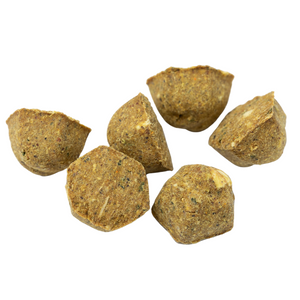
SLOW-ROASTED IN AN OVEN
TRADITIONAL KIBBLE
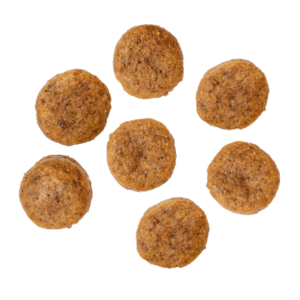
RAPIDLY PRESSURE-COOKED IN AN EXTRUDER
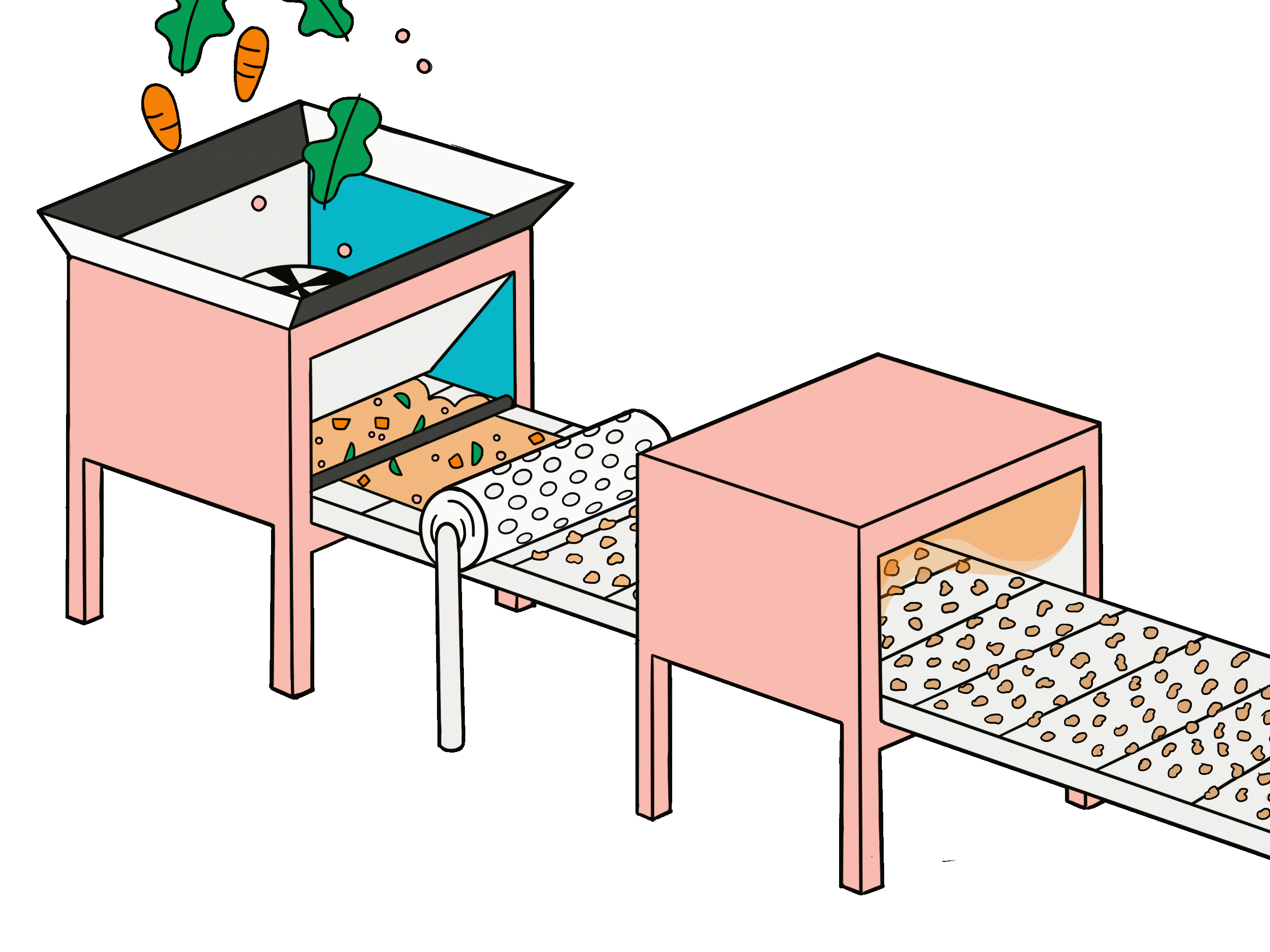
Our ingredients are mixed to form a dough, rolled into bites, and baked for 10-20 minutes in a convection oven.
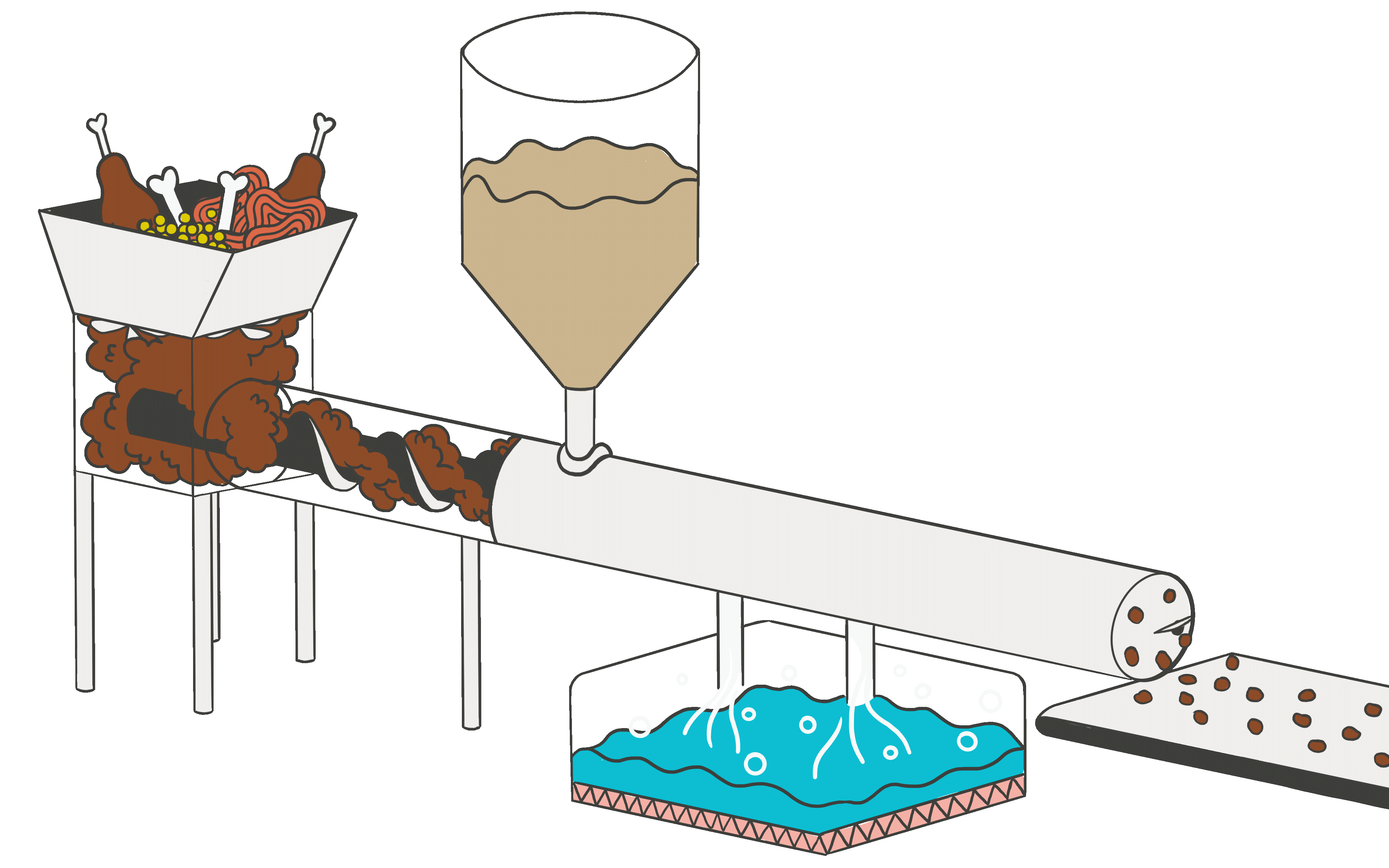
Typical ingredients must be dried and ground into powder before being pushed through a tube and steam-cooked at high pressure for 15-60 seconds.
TOASTED CLUSTERS
Each bite is formed with unique texture and flavor with chunks of carrots, oats, parsley, and nuts. Yummy!
BROWN & ROUND
All ingredients must be ground into a fine powder, creating a uniform texture and flavor. Yawn.
LOW GLYCEMIC
Maintains lower glycemic index with a balance of slow- and fast-release carbohydrates
HIGH GLYCEMIC
Increases glycemic index by converting all starches into a fast-release “gelatinized” form
PRESERVES HEALTHY FATS
Low degradation and oxidation of omega-3 and omega-6 fats
OXIDIZES HEALTHY FATS
High degradation and oxidation of omega-3 and omega-6 fats
COOKED MEDIUM RARE
Heat gradient cooks from “outside-in,” creating browned edges and toasted flavor but less heat exposure at the center
COOKED WELL DONE
Pressure cooks from “inside-out” with browning and high heat exposure distributed throughout the entire kibble
DESIGNED BY EXPERTS
COMMON QUESTIONS FOR DR. BLAKE
Adding additional protein beyond a dog’s metabolic requirement is not healthier, as protein cannot be stored for later use. Excess protein is stripped of the amino acids, converted into energy (glycogen), and stored as fat tissue in the same way that energy from carbohydrates and fat is.
Amino acids are the fundamental ‘building blocks’ of proteins, and a dog’s diet also requires specific, “essential” amino acids that their bodies do not synthesize. Plants also create and provide all the essential amino acids in different ratios.
We use a variety of plant-based protein sources in Petaluma, including brown rice, peas, chickpeas, and oats, to create a balanced amino acid profile that aligns with and complements a dog’s nutritional needs.
I also draw from my extensive personal experience formulating diets and evaluating test results. You can get a similar nutrient profile using millions of different combinations of ingredients, but ingredients may interact with each other in unforeseen ways. By tracking the performance of hundreds of formulas through digestibility, palatability, and nutritional testing and developing deep insights into what nutrient sources and ingredient combinations, we can best achieve our desired nutritional profiles to deliver your pet optimal nutrition for a healthy life.
In addition, I work with many pet food and treats companies to define the target canine consumers and tailor formulations to meet the unique nutritional requirements of that life stage and health condition. It is not possible to design a “one size fits all” diet that truly optimizes the nutritional requirements of all dogs.
The most important aspect is to transition your pet from one food to Petaluma over a 4-7 day period, slowly introducing Petaluma over that time period as you decrease the amount of old food. We have created a fact sheet with Petaluma’s nutrition and testing details that you can share with your veterinarian to inform their evaluation. If your dog has known health issues and/or your veterinarian has recommended therapeutic dog food for a specific health condition, it is particularly critical that you discuss any intended changes to their diet in detail. Our first Petaluma recipe is not for every dog, and we do not recommend transitioning from a veterinarian-prescribed therapeutic diet without your veterinarian’s approval.
For context, the FDA announced a perceived increase in cases of DCM and a potential link to “grain-free” foods - specifically those that contained a high proportion of peas, lentils, and other legume seeds (pulses) and/or potatoes. In the FDA’s own words, the current data does not enable them to determine “whether or how these case reports are linked to diet” and “the agency believes that the potential association between diet and DCM in dogs is a complex scientific issue that may involve multiple factors.”
While there is significant debate about the underlying causes and the meaning of the case data, deficient levels of the amino acid taurine is a known cause of DCM. The causes of taurine deficiency are not well understood, as most dogs can synthesize their own taurine from other amino acids rather than relying on taurine in their food. However, taurine is involved in maintaining heart muscle and studies have shown that providing taurine-deficient dogs with supplemental taurine in their food alleviated the signs of DCM in many cases.
As a result, most veterinary nutritionists are recommending taurine supplementation in dog food, as we have done with Petaluma. Methionine is an essential amino acid that is a precursor to taurine (i.e. it can be converted into taurine by the dog’s metabolism), and we have added additional methionine in an easily digestible form (DL-methionine) as an added precaution.
It’s important to note that DCM is a serious but rare condition that impacts <1% of dogs, and disproportionately impacts certain pure-breed dogs, including Doberman Pinchers, Great Danes, Boxers, and Cocker Spaniels, which suggests a significant genetic component. We will continue to monitor additional research findings closely as they are released and are applying cutting-edge knowledge to alleviate risks with Petaluma recipes.
EXTENSIVELY TESTED
REFERENCES
A DOG DIDN’T EAT OUR HOMEWORK
Dodd SAS, Adolphe JL, Verbrugghe A. Plant-based diets for dogs. J Am Vet Med Assoc. 2018 Dec 1;253(11):1425-1432. doi: 10.2460/javma.253.11.1425. PMID: 30451617.
Brown WY, Vanselow BA, Redman AJ, Pluske JR. An experimental meat-free diet maintained haematological characteristics in sprint-racing sled dogs. Br J Nutr. 2009;102(9):1318-1323.
Axelsson, E., Ratnakumar, A., Arendt, ML. et al. The genomic signature of dog domestication reveals adaptation to a starch-rich diet. Nature 495, 360–364 (2013). https://doi.org/10.1038/nature11837
Researchers study dog diets in the Bronze Age and the First Iron Age using remains from Can Roqueta site
Koppel K, Gibson M, Alavi S, Aldrich G. The Effects of Cooking Process and Meat Inclusion on Pet Food Flavor and Texture Characteristics. Animals (Basel). 2014 May 23;4(2):254-71. doi: 10.3390/ani4020254. PMID: 26480040; PMCID: PMC4494385.
The Dodo: Can My Dog Go Vegetarian or Vegan?
Roasted Peanut Butter & Sweet Potato Flavor for Adult Dogs
Sweet Potato Jerky
DIGESTIBILITY TESTING
Baked Dog Food | Roasted Peanut Butter & Sweet Potato Flavor for Adult Dogs











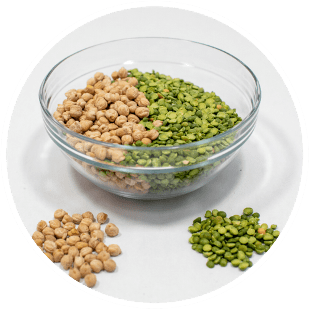
 Grown in the US & Canada
Grown in the US & Canada